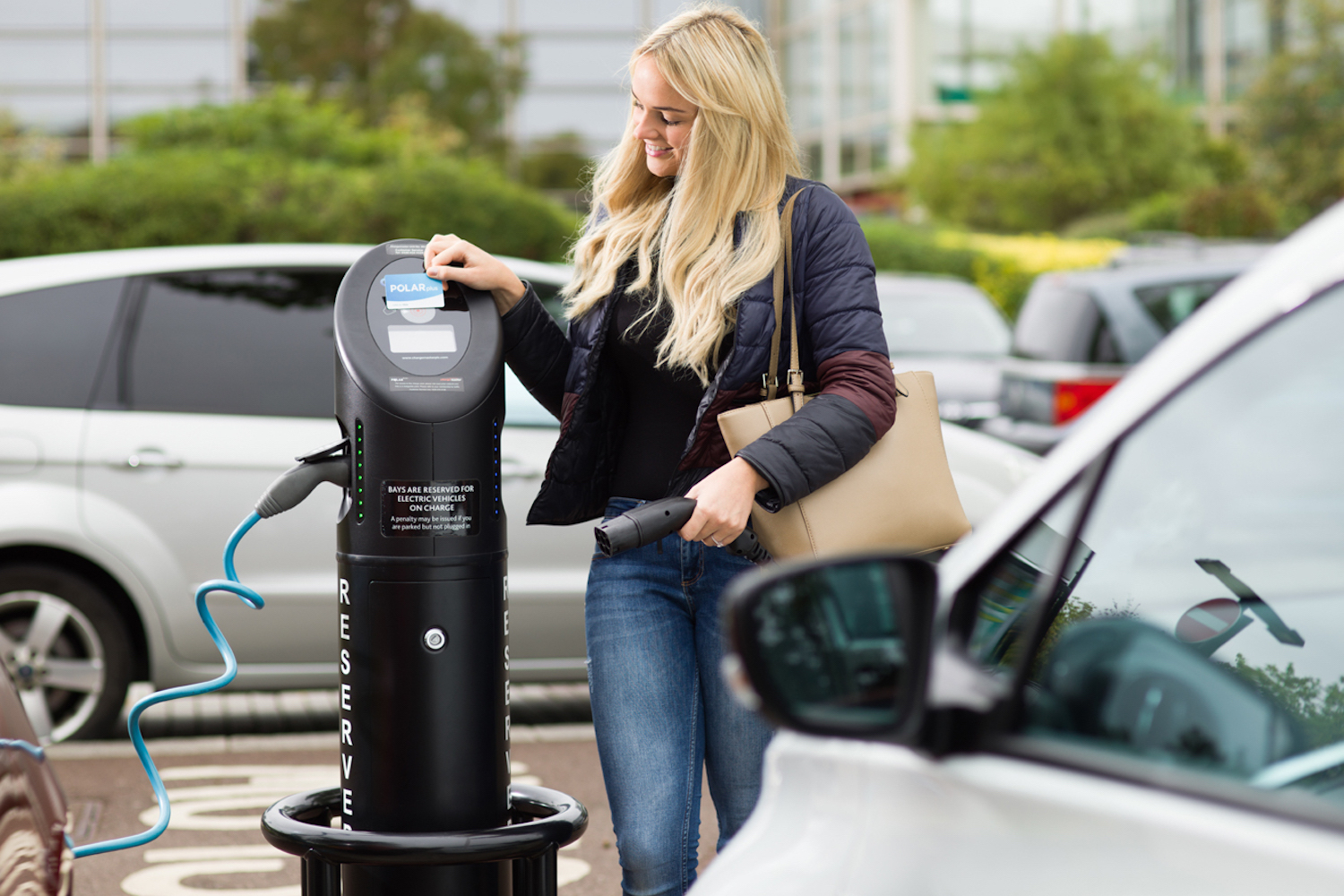Four in ten car buyers say that they intend to buy an electric car when they make their next vehicular purchase. That's according to a survey by financial firm EY, which says that the number of buyers looking to go electric has risen by 11 points since November 2020.
Survey of 9,000 consumers
According to the latest EY Global Mobility Consumer Index (MCI), which has surveyed more than 9,000 people across 13 countries, 41 per cent say that they're looking at electric power next time out. 77 per cent of those who already own an EV say that their next purchase will again have battery power.
Of the 9,000 respondents, 50 per cent said that they are intending to buy a car - whether it's electric or internal combustion - which represents a rise in those looking to buy in the first place. 65 per cent of them said that they will buy a car in the next 12 months.
The top reason for wanting to buy an electric car is, unsurprisingly, concern for the environment, and almost eight-in-ten said that the Covid pandemic had "heightened awareness and concerns about environmental issues."
Responsibility to reduce environmental impact
Of those looking to buy an EV, 53 per cent said that "it is their responsibility to reduce their personal environmental impact."
There's an interesting split between buyers over costs, though - while a majority said that they would be willing to pay a price premium for an EV, a significant number also said that the cost of an electric car was still a major barrier to battery ownership. 32 per cent said that uncertainty over national charging infrastructure was also holding them back, and 47 per cent said that they felt there are not enough charging points to allow them to 'comfortably' invest in an EV.
Even those who are keen on buying an EV are saying something similar - 38 per cent stating that there are not enough charging points available. And for EV owners, charging locations (84 per cent) and speed (78 per cent) are cited as key concerns when it comes to charging.
Car ownership definitely seems to have been given a boost in people's minds by the pandemic - according to the EY report, use of public transport is expected to decline by 11 per cent, while the private car has become the preferred form of transport for a majority of consumers. Most respondents who own or intend to buy a car say that constant access to a personal car is important to them (56 per cent) and that their safety and wellbeing is best served by a personal car (52 per cent). Additionally, while the survey shows non-work-related travel is expected to recover to pre-pandemic levels, work travel is expected to decline by 14 per cent, representing a significant shift toward remote working.
Sustainable transport infrastructures
Commenting on the global data and Irish market comparison, Julia Ann Corkery Director of Strategy, Transactions, Government & Infrastructure at EY Ireland said: "The findings of our global mobility report highlight growing consumer preference for electric transport at an international level - this is reassuring to see with sustainable transport infrastructures being one of many crucial contributors to more sustainable societies across the world. In terms of private cars purchased in 2021, while Ireland has seen some great growth in the adoption of alternative fuel types, other countries across Europe appear to be moving quicker. One of the front-runners in terms of EV adoption is Norway where at least one in every two vehicles purchased is a Battery Electric Vehicle. To encourage and accelerate EV adoption in Ireland there are some key areas where improvements can be made including improving our charging infrastructure strategy to facilitate EV adoption across all regions in Ireland - a national strategy that covers locations from the most rural to those across towns and cities; Considering new and alternative financial incentives and trade-in schemes offering significant reductions in sale price of new EVs, particularly relevant for the Irish market where three in four cars sold here currently are second hand; and Investing in increasing Ireland's renewable energy generation and grid capacity to meet the future demand for electric vehicles."
The 13 countries surveyed by EY for this report were Australia, Canada, China, Germany, India, Italy, Japan, New Zealand, Singapore, South Korea, Sweden, the UK, and the US.

